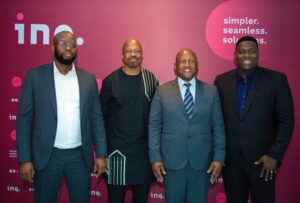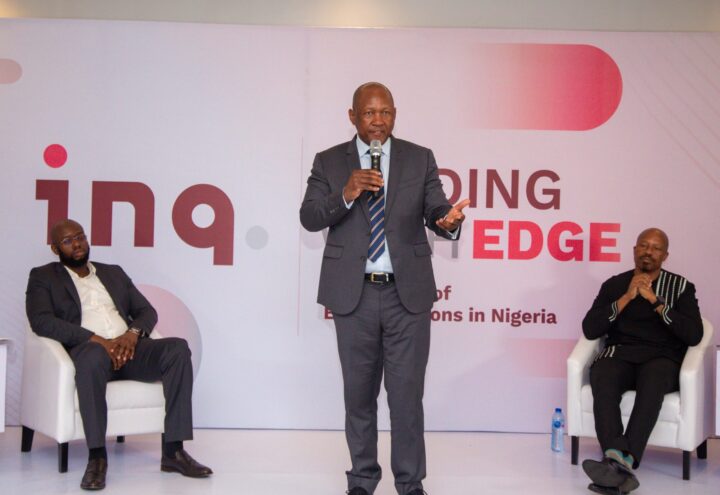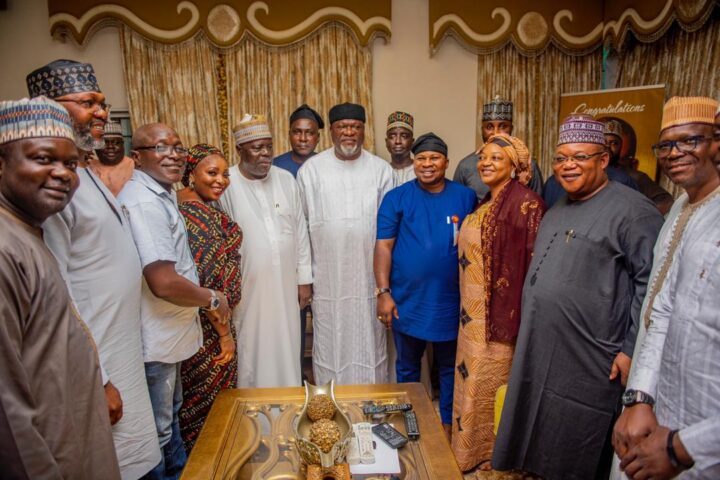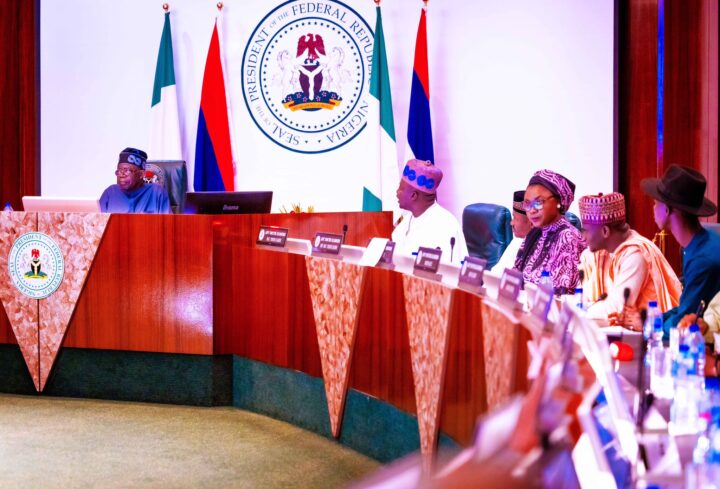inq. Group, an information and communications technology (ICT) firm, says it is important for the federal government to regulate the artificial intelligence (AI) sector in Nigeria as the adoption of the technology continues to spread across Africa.
Andile Ngcaba, the company’s group chairman, made the argument during a media roundtable discussion held on Tuesday.
AI is an aspect of computer technology that focuses on developing machines that have the capacity and intelligence to replicate human functions as closely as possible.
Since the mainstreaming of the technology, investors are constantly looking for critical sectors in Africa where AI solutions can be developed.
Advertisement
Already, there are over 2,400 AI organisations operating across various industries on the continent.
Like other African nations, the Nigerian government is showing interest in the development and adoption of AI technology.
In 2018, former President Muhammadu Buhari approved the establishment of an agency on robotics and AI in the country’s south-east region.
Advertisement
On August 15, 2022, the country struck a partnership with India to strengthen cooperation in the areas of fintech, AI, scientific development, and solar energy.
Also, as part of its digital economy agenda, Nigeria approved the national blockchain policy in May this year, signalling an end to the ban on the use of blockchain-related technology such as cryptocurrencies.
At the 2021 Digital Africa Conference, Kashifu Inuwa, director-general of the National Information Technology Development Agency (NITDA), said leveraging AI, blockchain, and other digital tools would lead to economic diversification in Nigeria.

Advertisement
While NITDA, Nigeria’s ICT sector regulator, has established guidelines for data protection and management, the agency is yet to provide any regulatory framework specifically for AI use in the country.
This is despite the growing conversation on the need for governments across Africa to provide rules for AI adoption in the region.
Speaking at the aforesaid media roundtable, Ngcaba said the sector needs to be regulated to “ensure that AI is used for ethical and good reasons”.
“As inq. we work with governments where we are because we believe that it’s important to regulate the AI sector for a number of reasons. One, is to avoid bias. To avoid discrimination, but also to make sure that AI is used for ethical and good reasons,” he said.
Advertisement
“We subscribe to the principles of AI for good. So, we really support the issue of AI regulations by governments. We will participate and work with the government in Nigeria in the processes of writing policies and laws.”
HOW AI CAN CURB LOSSES IN NIGERIA’S ENERGY SECTOR
Advertisement
Ngcaba said inq. Group intends to introduce AI solutions that would facilitate Nigeria’s participation in the global artificial intelligence race.
The chairman said the firm would focus on providing AI innovation for the country’s energy sector to help the government cut losses through data analytics.
Advertisement
“Let me give you an example. If you are a DisCo, you provide (for instance) electricity to a specific area and you want to understand electricity consumption; we can provide analytics of consumption of electricity by specific areas on a real-time basis by plugging artificial intelligence in your sub-grid or in your grid,” he said.

Advertisement
Also speaking, Valentine Chime, managing director of inq. Nigeria, said there have been losses in the energy sector, especially in the value chain from transmission to consumers.
He said the sector has had profitability issues because of the inability to analyse data.
“Key developments that have happened before us was the adoption of smart metres,” he said.
“But there was also the issue of analysing the data from these smart metres. Using the internet of things (IoT), we now have an AI platform that captures this data and also analyses to see where the leakages are coming from [and] the high-use areas.”
This, he said, would enable distribution companies (DisCos) to be more efficient in terms of how they distribute and also “how efficient they are in terms of profitability”.
In September 2022, the Association of Power Generation Companies said the sector recorded a monthly shortfall in revenue remittances of N35 billion, implying that the sector loses N420 billion yearly.
Add a comment







